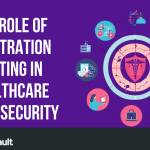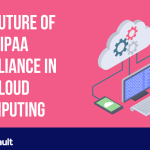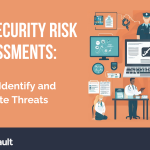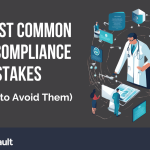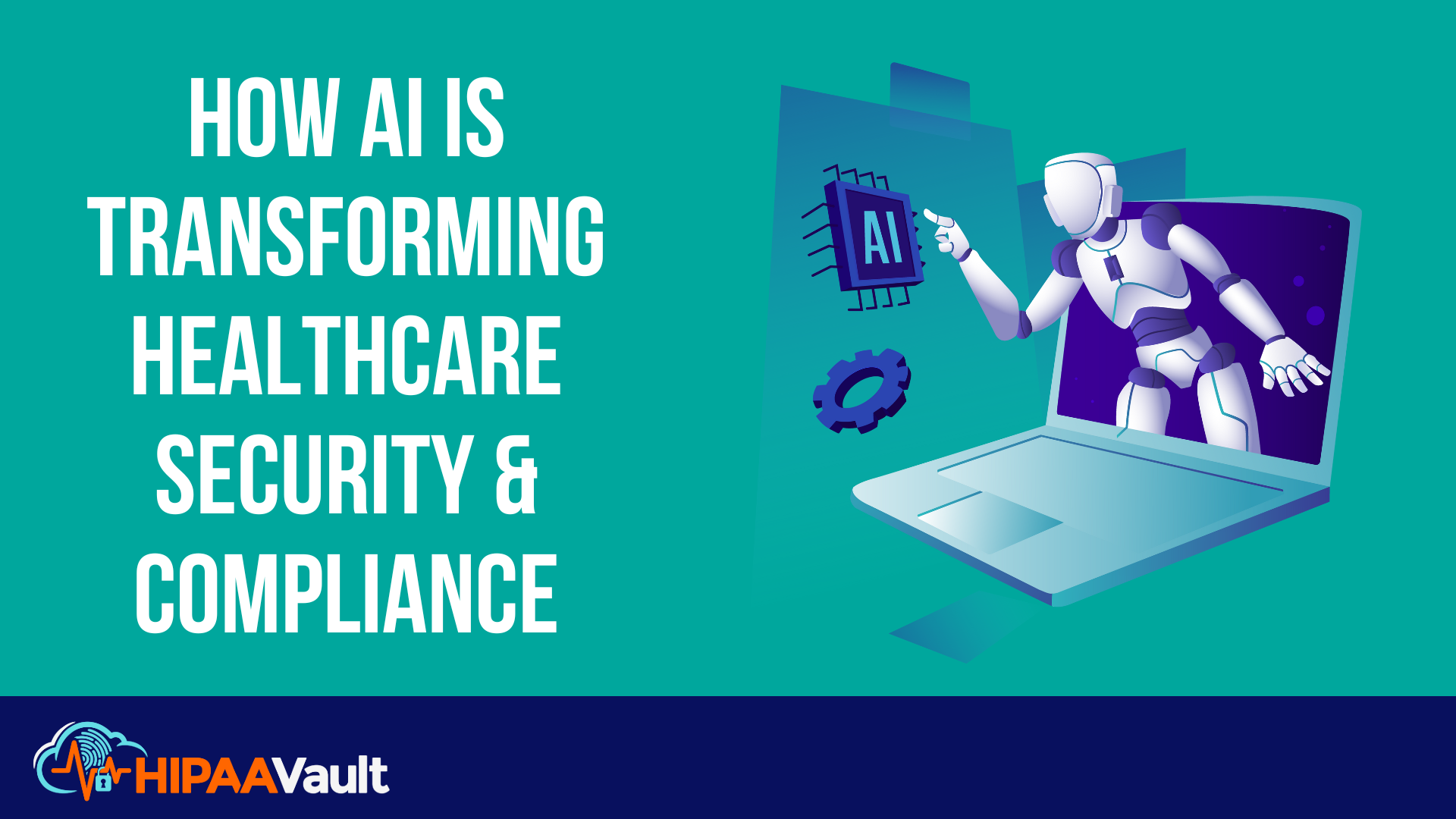
Introduction: AI’s Growing Role in Healthcare Cybersecurity
Artificial intelligence (AI) is radically reshaping the landscape of healthcare cybersecurity and compliance. The sheer volume of patient data being processed daily, coupled with an increasingly sophisticated cyber threat environment, means that traditional security measures are no longer sufficient. Healthcare organizations are prime targets for cybercriminals, with ransomware attacks in healthcare increasing by 40% in the past 90 days. These attacks compromise patient data, disrupt essential services, and create financial burdens that can be catastrophic.
AI-driven security solutions provide proactive protection, leveraging machine learning (ML) algorithms to analyze patterns, detect anomalies, and respond to threats in real-time. Additionally, AI-powered compliance automation reduces administrative burdens, ensuring healthcare entities maintain HIPAA compliance seamlessly. In this article, we’ll explore the transformative impact of AI on healthcare security and compliance, from advanced threat detection to risk mitigation and automation.
1. AI-Powered Threat Detection: Identifying Risks Before They Escalate
The ability to predict and prevent cyber threats before they occur is one of AI’s most significant contributions to cybersecurity. AI-driven security tools continuously analyze vast amounts of data, uncovering trends and detecting suspicious activity that could indicate a security breach.
Key Benefits of AI in Threat Detection:
- Predictive Analytics: AI models identify vulnerabilities by assessing past security incidents and potential risk factors, allowing organizations to address threats before they materialize.
- Behavioral Analysis: AI observes user activity, flagging unusual behaviors that may indicate insider threats or compromised credentials.
- Automated Threat Response: AI-driven Security Information and Event Management (SIEM) systems instantly react to anomalies, triggering security protocols that contain and neutralize threats before they spread.
With HIPAA’s stringent requirements for continuous monitoring and real-time incident response, AI-powered threat detection ensures compliance while significantly enhancing security.
2. AI & HIPAA Compliance: Automating Audits and Reporting
Compliance with HIPAA regulations is an ongoing challenge that requires constant vigilance, documentation, and audits. AI dramatically simplifies this process by automating security assessments, log monitoring, and regulatory reporting.
How AI Enhances HIPAA Compliance:
- Automated Risk Assessments: AI evaluates security controls, identifies non-compliant configurations, and recommends remediation strategies.
- AI-Powered Audit Logs: Machine learning streamlines log analysis, tracking every user interaction with sensitive data to ensure compliance with HIPAA’s audit trail requirements.
- Intelligent Compliance Assistants: AI-driven chatbots and compliance assistants provide real-time guidance on regulatory best practices, reducing the risk of human error and non-compliance.
By integrating AI into compliance workflows, healthcare organizations reduce administrative overhead, improve accuracy, and maintain a proactive compliance posture.
3. Risks of AI in Healthcare Security: Addressing Bias and Data Privacy Concerns
While AI presents numerous benefits, it also introduces certain risks that healthcare organizations must address:
- Algorithmic Bias: AI models trained on biased datasets can produce skewed risk assessments, leading to false positives or missed threats.
- Data Privacy Challenges: AI requires access to vast amounts of data, raising concerns about patient privacy and HIPAA compliance.
- Regulatory Uncertainty: The rapid evolution of AI regulations and policies means organizations must continuously adapt to stay compliant.
To mitigate these risks, healthcare providers should implement transparent AI models, prioritize secure data governance, and adhere to HIPAA’s minimum necessary rule for data handling.
4. Case Study: AI in Threat Monitoring & Response
HIPAA Vault’s AI-Powered Security Solutions
A leading surgical robotics firm faced significant challenges in securing its cloud-based video processing pipeline while maintaining HIPAA compliance. The firm struggled with:
- Ensuring real-time threat detection for streaming medical data
- Managing complex security compliance requirements
- Scaling their infrastructure while maintaining data integrity
By partnering with HIPAA Vault, the organization integrated AI-driven security solutions, achieving:
- AI-Enhanced Threat Detection: The firm deployed machine learning models that continuously monitored system activity, flagging unauthorized access attempts in real-time.
- Automated Security Alerts: The AI system reduced security incident response times by 70%, ensuring rapid threat containment.
- HIPAA-Compliant Cloud Security: HIPAA Vault implemented Infrastructure-as-Code (IaC) to automate compliance, reducing manual configurations and potential errors.
This successful collaboration underscores the importance of AI in enhancing security, ensuring compliance, and enabling scalability in healthcare technology.
5. Future Trends in AI & Cybersecurity
AI’s role in healthcare cybersecurity will continue to expand, with emerging trends including:
- Zero Trust AI Security: AI-driven Zero Trust models will enforce continuous authentication, ensuring that users and devices are verified at every access point.
- Federated Learning for Enhanced Data Privacy: AI models will train on decentralized, encrypted data, reducing privacy risks while maintaining HIPAA compliance.
- AI-Driven Medical Device Security: The rise of the Internet of Medical Things (IoMT) will require AI-powered solutions to monitor and secure connected medical devices against cyber threats.
As AI evolves, healthcare organizations must stay ahead of cybersecurity trends to proactively safeguard patient data and maintain compliance.
Conclusion: Balancing AI Benefits and Risks in Healthcare
AI is revolutionizing healthcare security and compliance by providing advanced threat detection, automated compliance management, and proactive risk mitigation. However, organizations must balance AI’s benefits with its risks by implementing ethical AI practices, ensuring secure data management, and continuously monitoring compliance.At HIPAA Vault, we specialize in HIPAA-compliant cloud solutions and AI-powered security services tailored for healthcare organizations. Our expert team ensures that your security infrastructure aligns with HIPAA regulations and industry best practices. Contact us today to learn how AI can enhance your security and compliance strategy.

